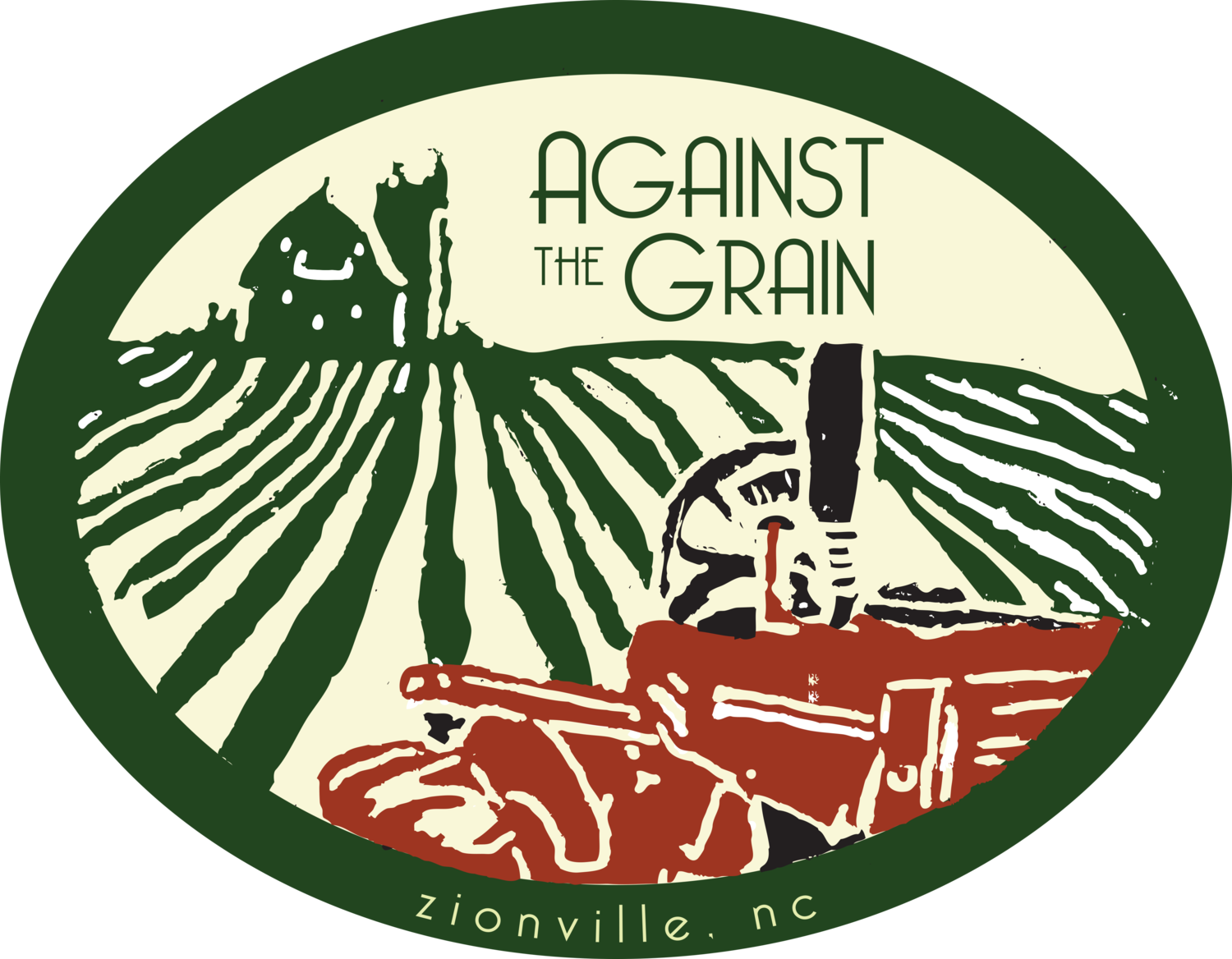This week's blog contribution comes to you from M Mueller...
Since Hugh Lovel's visit (see last week's blog) the farm has been spurred on to invest in the life of our soils in accord with the farm's individuality. What we mean by a farm's individuality is the sum total of organs within its skin (like the organs enclosed within our skins), which includes not only the overarching sky, the underlying geology, natural features and topography (such as Goat Hill, the wetlands surrounding the spring creek, the bold flow of Sawyer's Branch running alongside the farm), but also the soil itself and the farm's "digestive organs," like the family of Highland cattle, the groupings of goats, pigs, chickens and ducks. Furthermore, there are the spiritual organs of thinking, feeling and willing, which reside in the farmers and the workers on the farm; these are similar to those same spiritual organs in ourselves that observe and consider phenomena, and think and feel in response to the external world. Our farms are structured very like ourselves!
Against the Grain Farm is unique. Its mission is to produce food for as many as possible that nourishes body and spirit. It would be the subject of another blog posting to explain the ways food can nourish the spirit, but in its mission to provide nutritious food for as many as possible, ATG shares most closely the intensive gardening aspects of medieval gardens which developed nto French intensive gardens of the late 19th century, and thence gave rise to Biodynamic, biointensive and other historic forms of organic gardening using limited ground to produce large amounts of vegetables in a sustainable fashion. This is very different from conventional farming, on one end of a spectrum, which uses soil as a grow medium for plants fed by water-soluble salts, or, on the other end, permaculture, which mimics the holistic systems of forest/savannah margins. Notice that the scale of these is different: there was rarely space for even a single tree in feudal or French intensive plots! Likewise, ATG's intensive growing methods require a different culture. Instead of the expanses of undisturbed soil that can luxuriate in quiet for years, ATG’s fields are pressed into service almost year-round. Therefore, we use compost, biodynamic preparations, compost teas, vegetable teas and their ferments, vermiwash and a host of other methods to enliven soil that remains as active as ours.
Our compost tea is a moveable feast for our soil, comprised entirely of farm-produced ingredients. The actual ingredients may vary based on what’s available, but basically we place into a giant tea bag leaf mold from the forest floor, worm castings, compost--both working and finished—and blended together fruit, molasses or honey, eggs, goat milk and other feed for microscopic critters. Then we aerate the brew for a day and inject it into our irrigation system, which delivers it out to the soil in the fields. To this cornucopia of nutrients our plants extend their roots to trade products of their own making for those of the tea’s microbiota. A lively dance!
Had we worlds enough (meaning acres!) and time, we could dedicate plots of soil to do this same work using nature’s systems. But the hilly terrain of our farm doesn’t allow it. Our goats and cows, however, are able to climb the hills and bring the goods back in their stomachs; our tree stands, worms, bees, sorghum cane and fruit-bearing plants all contribute their share; and the organ of the mind—the organ-izing principle our spirits make available to us—empower us to do Nature’s work in co-creation with Her. We hope you are enjoying the fruits of this close partnership!
